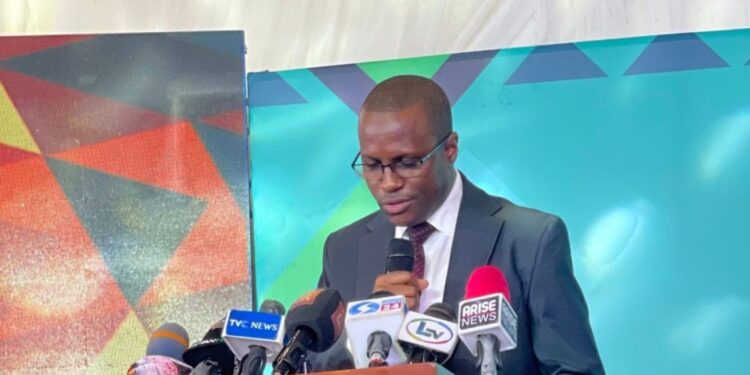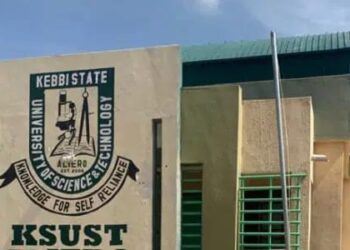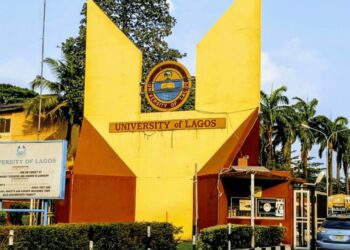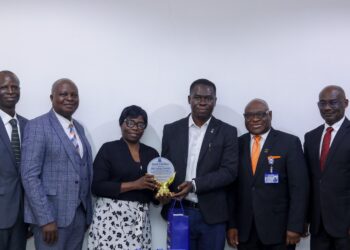An initial alarm raised by the Independent Corrupt Practices and Other Related Offences Commission (ICPC) over alleged discrepancies in Nigeria’s student loan scheme has now been attributed to a communication blunder — but the controversy surrounding the disbursement process is far from over.
The ICPC, in a fresh statement on Thursday, admitted to a “missing word” in its earlier report, which wrongly implied that cases of fund diversion under the Nigeria Education Loan Fund (NELFUND) had been confirmed. The commission clarified that investigations are still ongoing and no conclusive evidence of discrepancies has been found yet.
“The omission of the word ‘NOT’ led to a misinterpretation of our findings. We take full responsibility for the confusion and regret the error,” said Demola Bakare, Director of Public Enlightenment and Education at the ICPC.
However, the retraction has not quelled the growing public concern over the transparency of the student loan programme, which was launched to improve access to tertiary education for thousands of Nigerian students.
Students Caught in the Middle
While the ICPC attempts to correct its narrative, many students and advocacy groups insist that issues of irregularities persist. Reports continue to surface of students not receiving their loan disbursements — or receiving reduced amounts — due to alleged unauthorized deductions by school managements.
The National Association of Nigerian Students (NANS) recently decried the situation, accusing at least 51 tertiary institutions of making deductions ranging from N3,500 to N30,000 from individual student loans, without prior consent or explanation.
Akinbodunse Felicia, Vice President for Inter-Campus and Gender Affairs, described the situation as a “deliberate attempt to sabotage a federal initiative meant to ease the burden on struggling students.”
NELFUND’s Complex Web of Transfers
The Nigeria Education Loan Fund, which was allocated N100 billion by the federal government, reportedly disbursed only N28.8 billion as of March 2023, according to ICPC’s preliminary findings. Additional funding totalling over N203 billion was received from sources such as TETFund, EFCC, and FAAC, but a breakdown showed that only N44.2 billion had reached 293,178 students in 299 institutions.
This discrepancy, although not officially confirmed as fraudulent, raises questions about the management and transparency of fund disbursements within NELFUND’s operations.
Oversight Intensifies
As pressure mounts, the House of Representatives Committee on NELFUND has stepped in, promising to work closely with the ICPC to audit the process and ensure accountability. The National Orientation Agency (NOA), which initially flagged the irregularities, is also partnering with the commission in a deeper investigation.
Students have called for more transparency and have vowed to stage peaceful protests across campuses if the issues are not resolved.
What Lies Ahead?
While the ICPC’s clarification may have calmed fears of confirmed corruption for now, the broader concerns surrounding disbursement practices, school involvement, and loan monitoring remain unresolved.
The incident has also sparked a broader conversation on the need for improved oversight in public welfare schemes and the role of institutions in safeguarding students’ interests.



















































































 EduTimes Africa, a product of Education Times Africa, is a magazine publication that aims to lend its support to close the yawning gap in Africa's educational development.
EduTimes Africa, a product of Education Times Africa, is a magazine publication that aims to lend its support to close the yawning gap in Africa's educational development.